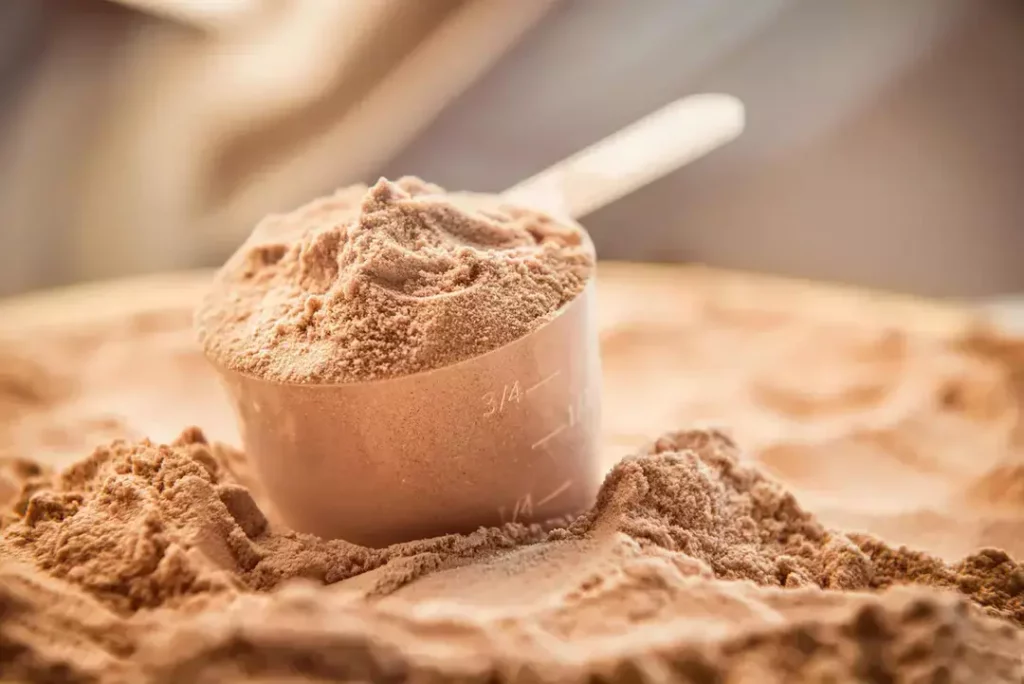
Does Your Body Only Absorb 30g of Protein per Meal?
When it comes to protein intake, many of us have been led to believe that our bodies can only absorb a certain amount of protein in one meal. The commonly cited figure is 30 grams of protein per meal, and this rule has been widely accepted as the optimal amount for muscle growth and repair. However, recent research suggests that this may not be entirely accurate, and our bodies may be capable of using more than 30 grams of protein in one meal.
As an athlete, bodybuilder, or simply someone looking to improve their overall health, it’s essential to understand the role of protein in our bodies and how we can optimize our intake for better results. In this article, we’ll explore the science behind protein absorption and debunk the myth that our bodies can only absorb 30 grams of protein per meal.
The Science Behind Protein Absorption
When we consume protein, it’s broken down into amino acids in the stomach and small intestine. These amino acids are then absorbed into the bloodstream and transported to the muscles, where they’re used to build and repair muscle tissue. The amount of protein that can be absorbed at one time is influenced by several factors, including the type and amount of protein consumed, the individual’s overall health and fitness level, and the timing of protein intake in relation to exercise.
Historically, the 30-gram per meal rule was based on studies conducted in the 1970s and 1980s, which suggested that the body could only absorb a maximum of 30 grams of protein in one meal. However, more recent research has challenged this notion, suggesting that our bodies may be capable of using more protein than previously thought.
The Benefits of Excess Protein
So, what happens to excess protein that isn’t immediately used by the muscles? Instead of being wasted, this excess protein is stored in the muscles and liver for later use. This process is known as protein synthesis, and it’s an important mechanism for muscle growth and repair.
In fact, studies have shown that consuming excess protein can lead to increased muscle protein synthesis, even hours after the protein has been consumed. This is because the body is constantly breaking down and rebuilding muscle tissue, and excess protein provides an additional source of building blocks for muscle growth and repair.
Who May Benefit from Excess Protein?
While the general population may not require more than 30 grams of protein per meal, there are certain individuals who may benefit from excess protein intake. These include:
- Athletes and bodybuilders: As we mentioned earlier, athletes and bodybuilders require more protein to support muscle growth and repair. Consuming excess protein can help to support muscle protein synthesis and promote muscle growth.
- Older adults: As we age, our bodies naturally lose muscle mass and function. Consuming excess protein can help to support muscle health and reduce the risk of sarcopenia, a condition characterized by age-related muscle loss.
- Individuals who are dieting: When we’re dieting, our bodies may require more protein to support muscle preservation and weight loss. Consuming excess protein can help to support muscle health and reduce the risk of muscle loss.
Aiming for Your Total Daily Protein Goal
Instead of focusing on strict per-meal limits, it’s more effective to aim for your total daily protein goal. This ensures that you’re meeting your overall protein needs and providing your body with the building blocks it needs to support muscle growth and repair.
For athletes and bodybuilders, a daily protein intake of 1.2-1.6 grams per kilogram of body weight is recommended. For older adults, a daily protein intake of 1.0-1.2 grams per kilogram of body weight is recommended. For individuals who are dieting, a daily protein intake of 1.2-1.6 grams per kilogram of body weight is recommended.
Conclusion
In conclusion, the myth that our bodies can only absorb 30 grams of protein per meal has been debunked. While the 30-gram per meal rule may have been a useful guideline in the past, it’s no longer supported by the latest research. Instead of focusing on strict per-meal limits, aim to meet your total daily protein goal for better results in strength, recovery, and overall health.
Remember, excess protein isn’t wasted; it’s stored in the muscles and liver for later use, providing an additional source of building blocks for muscle growth and repair. By consuming excess protein, you can support muscle health and promote muscle growth, even hours after the protein has been consumed.
Source:
“How Much Protein Can Your Body Use in One Meal?” The Protein Focus Club. Retrieved from https://thepfc.club/blogs/news/how-much-protein-can-your-body-use-in-one-meal






